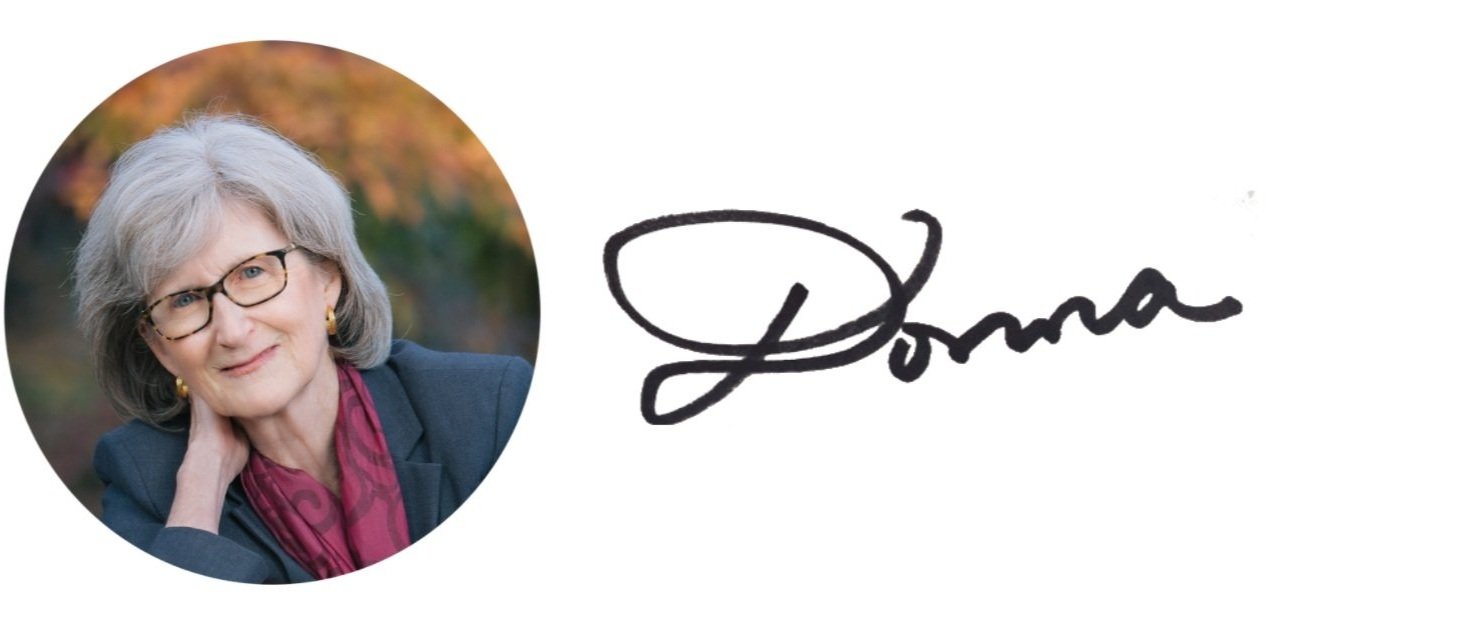“Why should I consider therapy? Everything is OK. Why would I want to stir up trouble?” This is what I always had said— until I finally admitted that everything wasn’t OK. I was in my sixties and had lived a full life: early marriage, three children, long medical career, death of my husband after 27 years of marriage, new path in medicine, move to Washington, DC, remarriage, and then retirement. So, what changed? I address these questions in my soon-to-be published memoir, Pilgrimage: A Doctor’s Healing Journey, where I wrote:
“So many of my past decisions and behaviors didn’t make sense. I desperately wanted to understand. I finally admitted that to find answers I would have to explore deeper parts of myself, the frontier that I had avoided for decades. This interior part of me, beyond where my conscious and unconscious merge, was scary. I had no idea what I would find, though I hoped to discover what motivated me to do the things I did. I could not think or analyze the facts to get answers. This was not a cognitive exercise where I could study, take the exam, and come up with the solutions. I wasn’t at all sure where I was heading, but I knew I was being called to someplace deep and unexplored. I had the feeling it would not be a comfortable journey.” (p. 173)
Later I describe the nagging questions I could not silence:
“I was yielding to a deep yearning to understand myself— what drove my reactions and decisions back then and now? I asked: ‘Why am I obsessive about controlling my time?’ ‘Why do I feel I always must be doing something productive?’ ‘Why do I sometimes try to avoid even the most insignificant confrontation?’ ‘Why does my brain prefer overdrive?’ ‘Why do I care so much what other people think?’ ‘Why wasn’t my relationship to my mother closer than it was?’and, the most troublesome question of all, ‘Why did I get engaged to Jacob [my first husband] just six-and-a-half weeks after meeting him?’” (pp.192-3)
Isn’t it curious? For decades I was fine with leaving all those questions submerged in the muck at the bottom. What changed? Why did this senior citizen finally decide to go deep and try to understand herself? I think there are several explanations.
After retirement, I founded Serenity and Health, a ministry to promote health of body, mind, and spirit. As part of this I researched and studied many topics, like stress and stress reduction; and, psychology topics, especially the role of the family of origin, the influence of our unconscious, and the power of patterns established early in life. I couldn’t stop reading and thinking about these topics—and my early years.
The second explanation is that my brain was different than it had been a decade earlier. I really believe this. In Pilgrimage I describe how my mind felt like it had gradually been transformed from a dried, scratchy sponge that was stiff and non-absorbent to become a soft, pliable sponge that was more permeable and absorbent. I am convinced that this happened because of two special prayer practices that I had adopted years earlier—practices that involve silence and slowing down. One was Centering Prayer, which is a Christian form of meditation. The second is praying in the moment, something I describe as God-centered mindfulness. My method is to say “My Lord and My God” very frequently during the day, such as when I’m starting to feel stress or irritation or when I feel a surge of joy or gratitude. As a result of these two prayer practices, I was more open to new ways of seeing and understanding my past.
The final explanation is that the process of writing my memoir pushed me deeper and deeper into myself. You cannot write down what you do not understand. Parts of this process were painful, but I learned a lot about myself and found healing truths buried in the muck.
Looking back, I now understand my problem was that I was always too busy—I had no time (or made no time) to reflect and pray. I did not understand that it was within my power to make different choices. Many of you might be in this same position.
I’m not saying you need therapy. But, I do know you will have more “serenity and health” if you dedicate some of your time to quiet prayer, silence, enjoying nature, or maybe even writing.
SUGGESTIONS:
1. To learn more about Christian meditation, check out: Christian Meditation by James Finley or my Pop-Up Conversation with Catholic contemplative Carl McColman.
2.It’s fascinating to learn the science of how meditation changes your mind, brain, and body. If you are interested, read Altered Traits by Goleman and Davidson.
3. If you are someone who has thought about writing a memoir, you will love reading Mary Karr’s The Art of Memoir.
4. Most important of all, devote a few minutes right now to ask yourself if you are like I was for so many years, that is, too busy to reflect and pray. Can you dedicate 10-15 minutes each day for this purpose? You can pray, reflect, practice slow breathing, walk in nature, or maybe just sit and listen to quiet music.
P.S. Don’t forget to sign up for my monthly blog or follow me on Facebook or Donna Chacko on Twitter. If my message helps you in any way, please consider sharing it with others.
Dr. Donna Chacko promotes health of body, mind, and spirit through her website (serenityandhealth.com), her blog, and programs at her church. She is the author of the award-winning book and Amazon best-seller Pilgrimage: A Doctor’s Healing Journey (Luminare Press, 2021). You can read her full bio here.



















Seeking depth, joy, and purpose? Integral coaching can help!